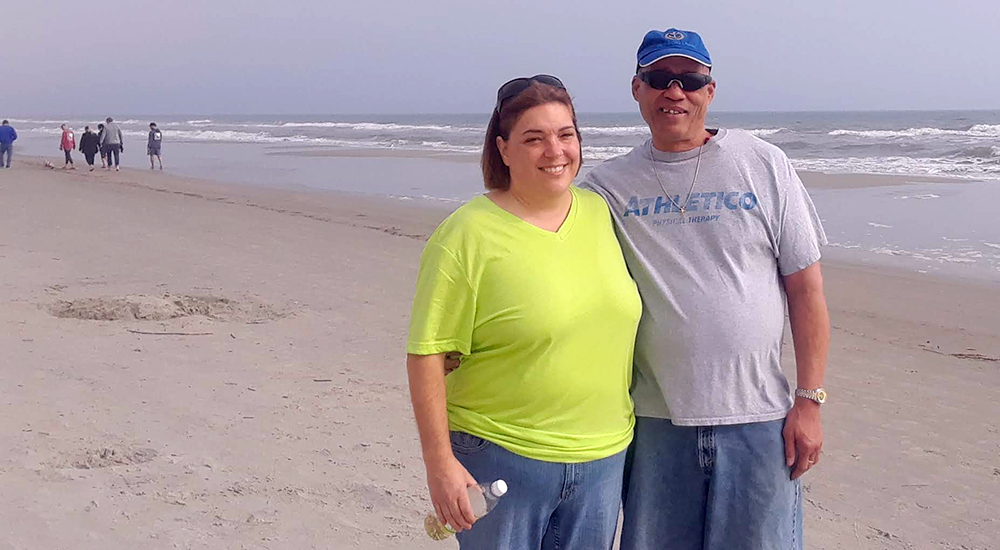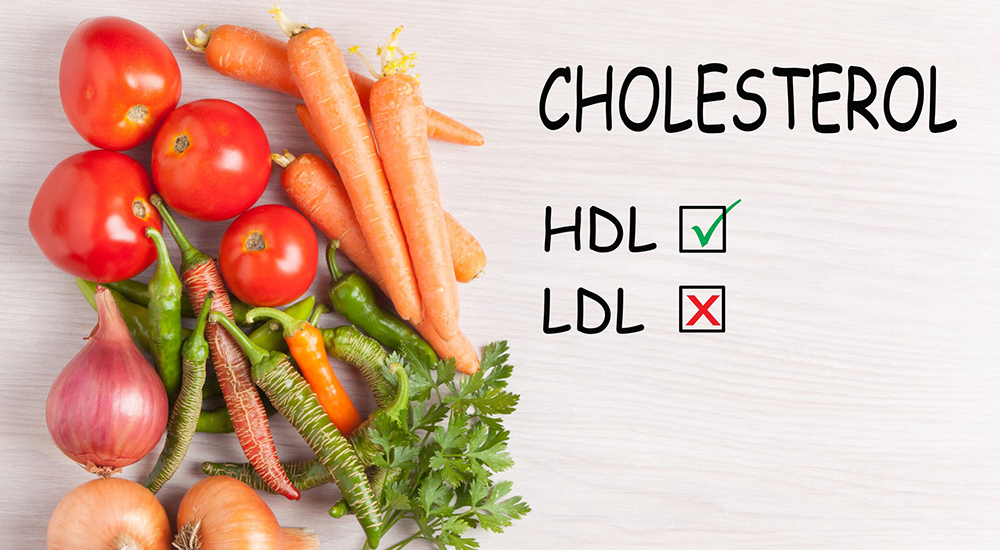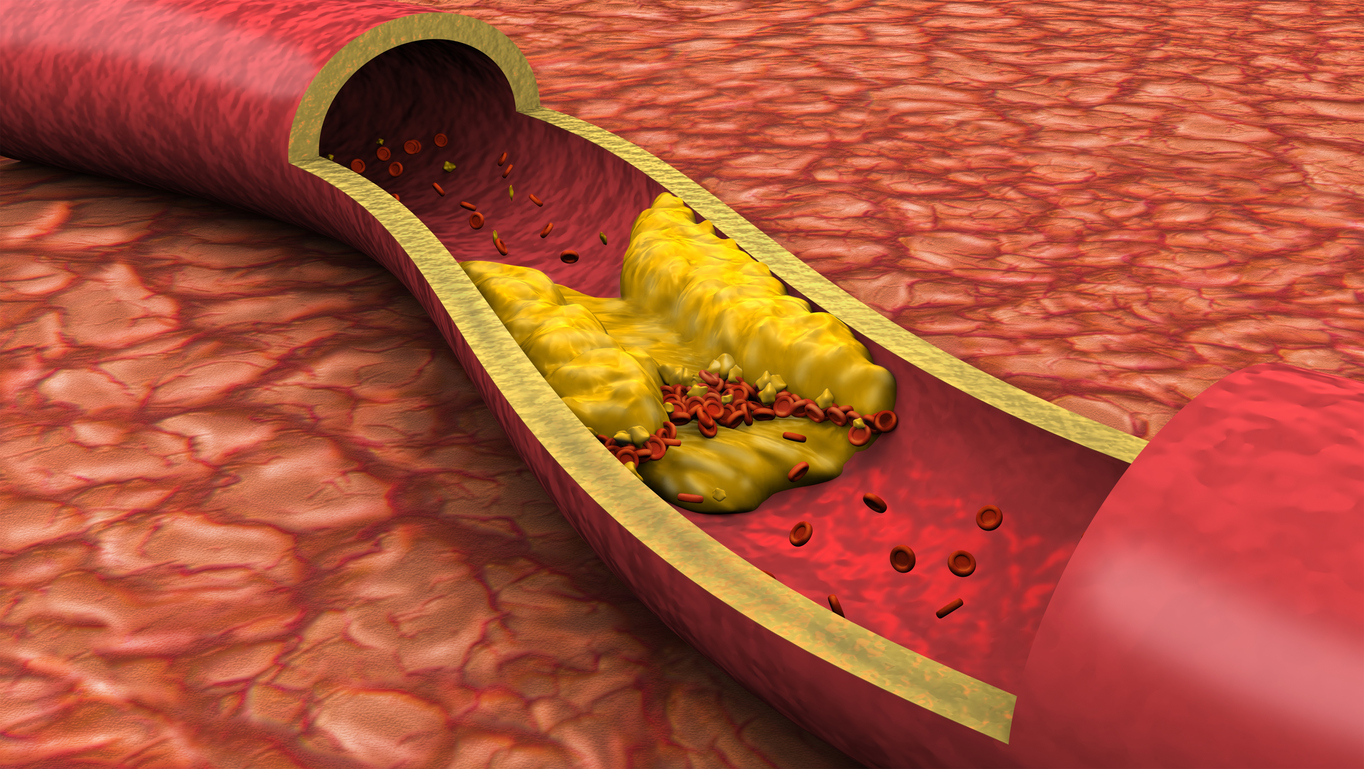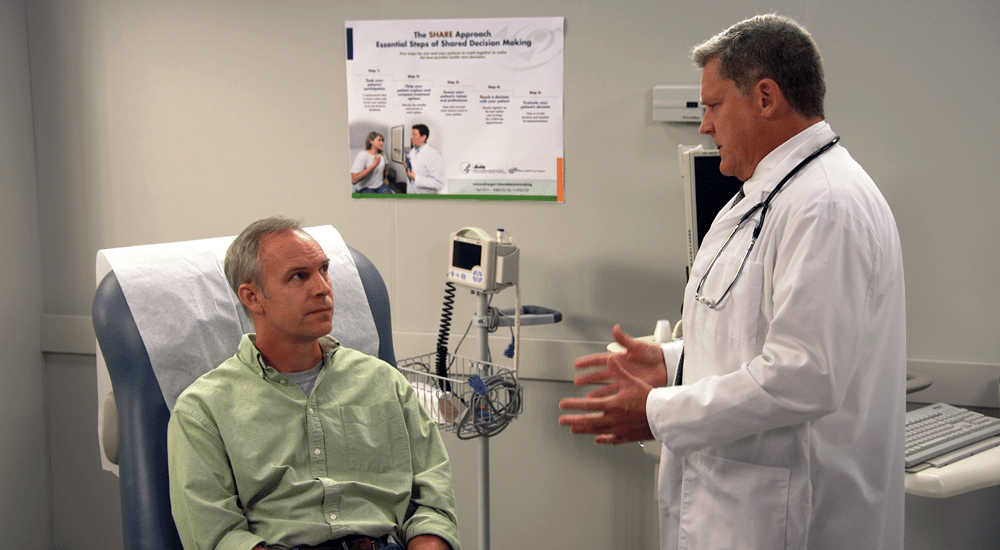Many Americans are at risk for heart disease and stroke. Many of the major risk factors for these problems can be prevented and controlled.
VA’s MOVE! team helped update the VA-DoD Clinical Practice Guidelines. Veterans can be confident that VA regularly evaluates the evidence for the care they provide. It’s available online.
My HealtheVet really works for this Veteran’s caregiver: “We refill prescriptions, access the portals to print his lab work, keep track of his cholesterol and contact providers on Secure Messaging.”
Cholesterol: Material that provides structure for your body's cells. Too much can cause plaque to build up in your blood vessels which can block blood vessels and cause heart attacks and strokes.
Your VA dietitian can help you with lifestyle changes to lower your cholesterol and your risk for heart disease. He or she can really help clear the confusion. Call your VA and request a visit with a Registered Dietitian today!
For the millions of Veterans with diabetes, VA and DoD are implementing new guidelines calling for the patient, their family, and their health care team to share information and decisions.
VA researchers recently identified three genetic mutations that govern cholesterol levels, which could lead to new drugs to treat cardiovascular disease and diabetes.
Too much cholesterol can cause a sticky substance (plaque) to build up in your blood vessels. This plaque can block blood vessels and cause heart attacks and strokes.








